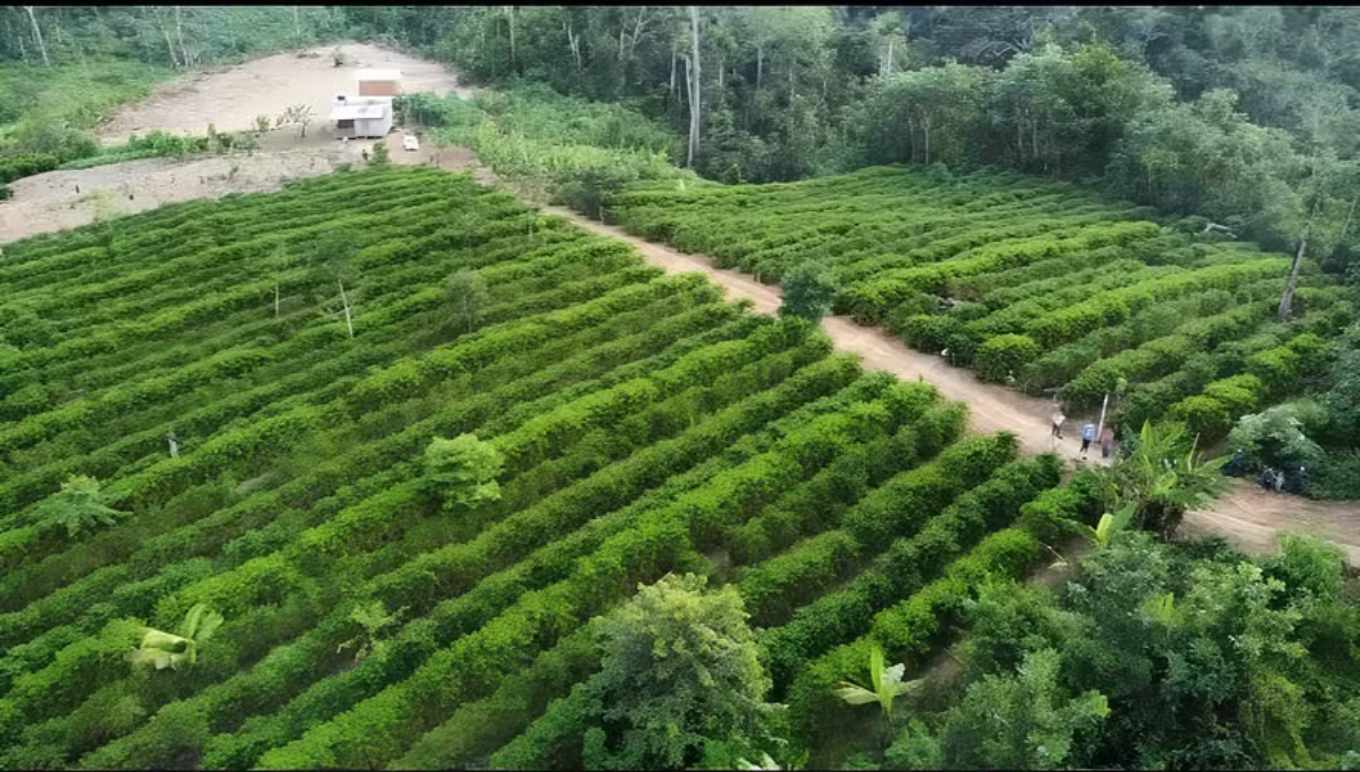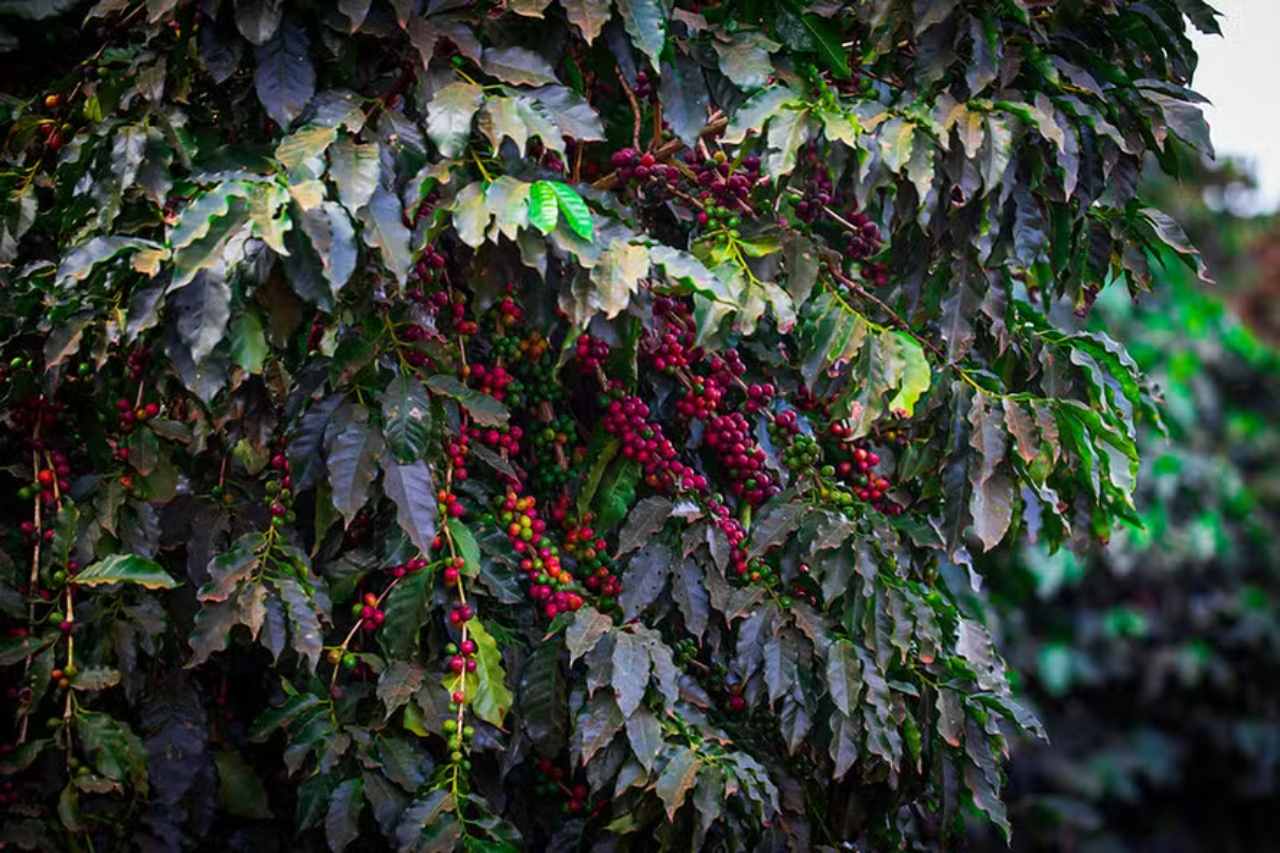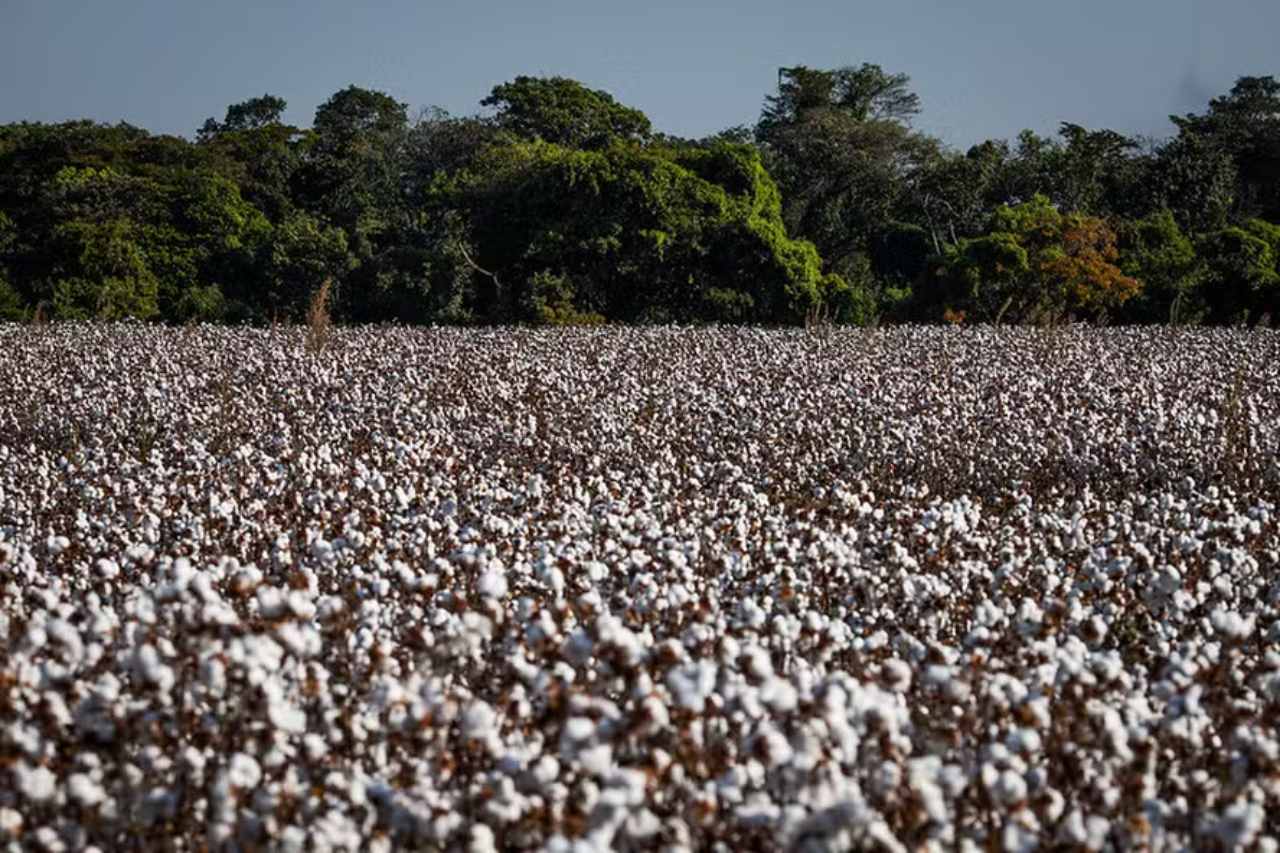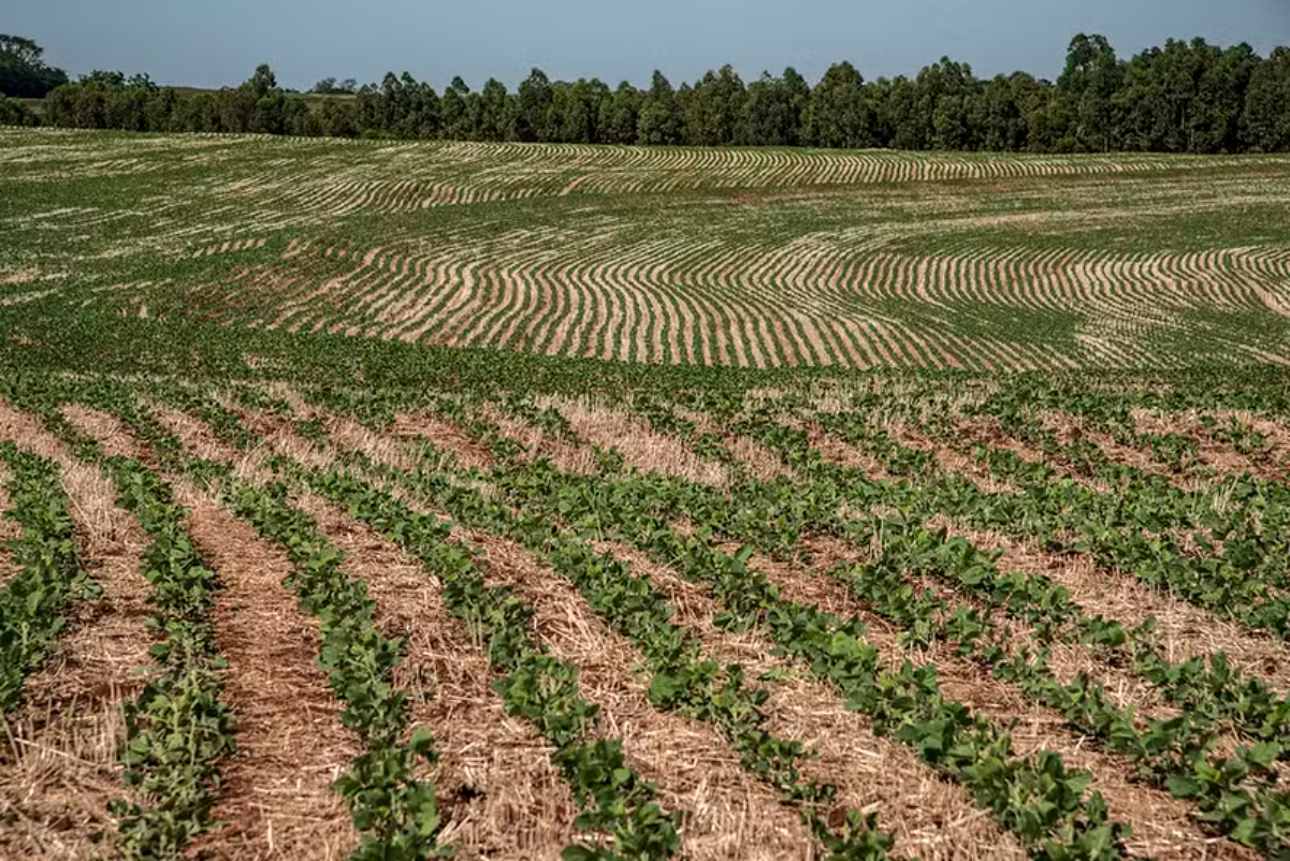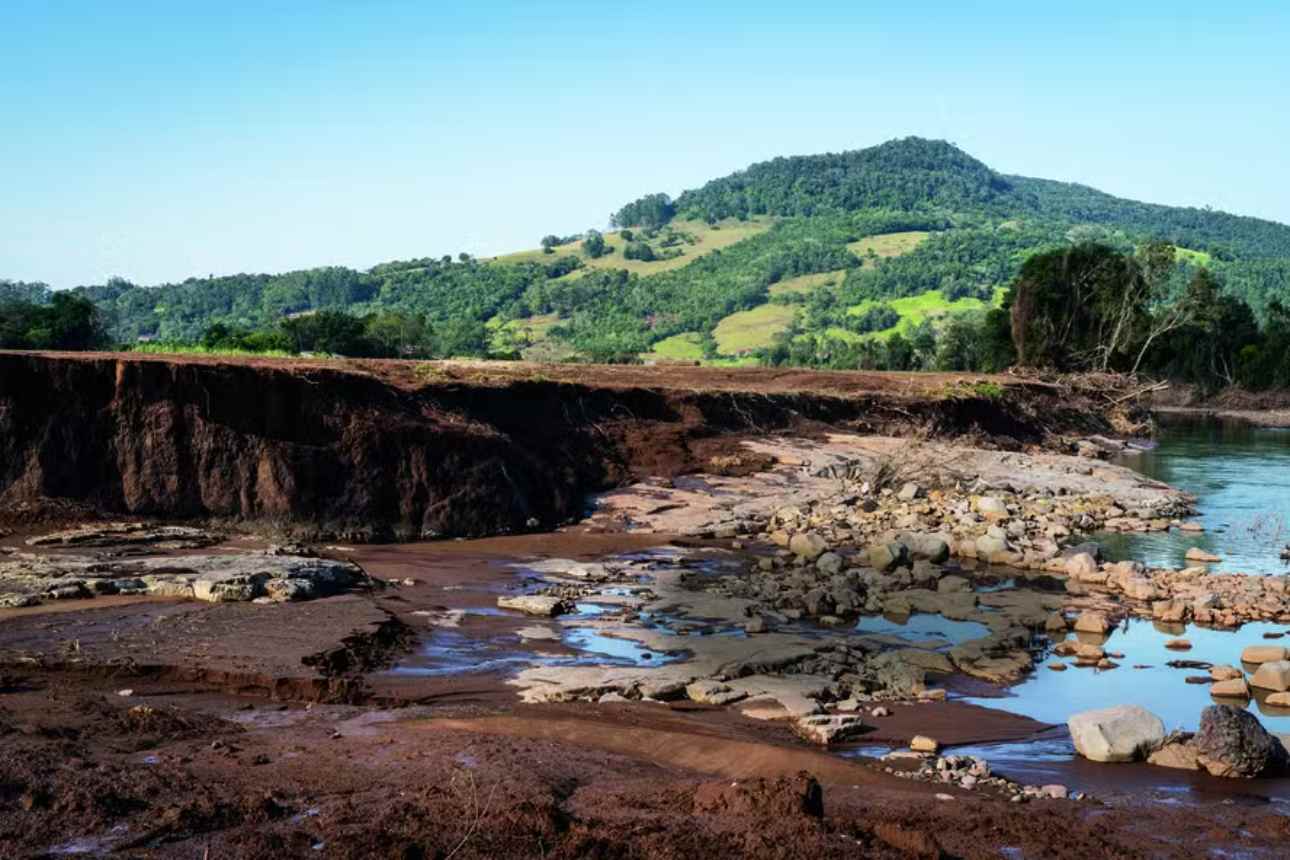Cecafé Leads a Plan to Develop Technology Capable of Georeferencing Areas with an Accuracy of Up to 50 Centimeters to Verify the Origin of Brazilian Coffee
The Council of Coffee Exporters of Brazil (Cecafé) is spearheading a plan to develop technology that can georeference areas with an accuracy of up to 50 centimeters, allowing for detailed verification of the origin of Brazilian coffee. This level of precision will enable mapping of coffee-producing properties across the country, thereby meeting the goals set by the European Union’s anti-deforestation law, the EUDR.
Initially, the technology will serve the coffee supply chain but could also be adapted for other commodities.
The organization will coordinate the project, which is budgeted at R$ 6.5 million. To kick off the development of this technology, Cecafé is awaiting the green light from the Ministry of Agriculture, which would allow a portion of the discretionary resources from the Coffee Economy Defense Fund (Funcafé) for 2024 to be allocated for this purpose.
As of the closing of this edition, the organization was still awaiting a response from the Ministry. According to Marcos Matos, CEO of Cecafé, the production chain and the Coffee Policy Deliberative Council (CDPC), composed of various sector associations, have already approved the use of these funds.
The discretionary resources from Funcafé total R$ 11 million, with the remaining R$ 4.5 million already earmarked for marketing and promotional activities for Brazilian coffee, as noted by Matos.
In addition to Cecafé and CDPC, the Federal University of Lavras (UFLA) will also participate in the initiative. The private sector may be included at some stage of the project.
The race against time to obtain authorization from the Ministry of Agriculture for the allocation of funds aims to ensure that the resources are directed before the end of the year, according to Marcos Matos.
If successful, the project will provide Brazil with a technology superior to existing AI-based systems currently used in the European Union, he stated.
This technology has faced criticism from producing countries. Cecafé argues that its implementation represents a technical weakness in the law, as the tools proposed to verify the origin of products cannot capture data accurately.
According to Matos, Brazilian technology can indirectly demonstrate that the new EU regulations have gaps and concepts that do not uniformly apply across different coffee cultivations in Brazil and Uganda.
Such arguments heighten pressure on the European Parliament, which is expected to vote in the upcoming session scheduled for November 13-14 on a proposal to postpone the implementation of the EU anti-deforestation law.
Cecafé reports that the atmosphere in international meetings suggests that the Parliament is likely to concede, particularly due to pressure from Germany, which holds the largest number of seats and has indicated support for the postponement. The German Coffee Association, after discussions with all German parliamentarians, has officially confirmed the country’s political stance in favor of the delay, Cecafé added.
Companies like Nespresso and Lavazza have also expressed support for the postponement, Matos noted.
Luis Rua, Secretary of Commerce and International Relations at the Ministry of Agriculture, refrained from commenting on potential loopholes in the EUDR. He emphasized that it is time to listen to the sectors and analyze the details requested by the EU.
“There are many supply chains worldwide that currently regard the European Union as a reference market, and given the limited technological and personnel resources, they could disappear,” he said. To some extent, Brazilian sectors are banking on increasing their exports while fully complying with the rules, with some competitors potentially sidelined.

